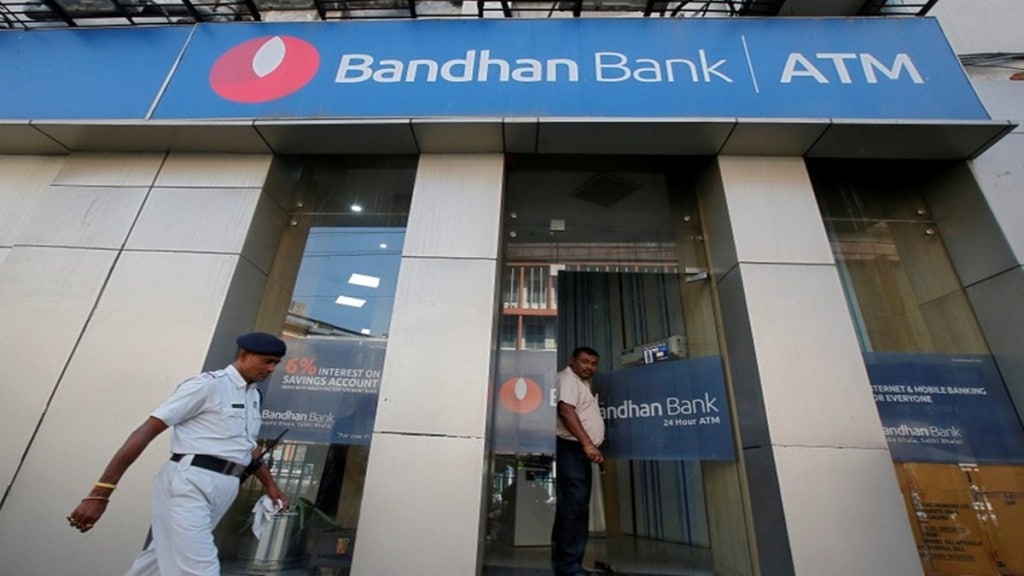The appointment of the successor to Bandhan Bank MD & CEO Chandra Shekhar Ghosh, as well as the audit of the bank’s loan book, remain key overhangs on the stock , according to analysts, even as the loan book has witnessed a steady growth, and non-performing assets have reduced sharply.
“While the bank has made full provisions for bad loans pertaining to CGFMU (credit guarantee fund for micro units) claim and expects the audit to be completed by June, we remain watchful on the same and also the appointment of new CEO,” brokerage firm Motilal Oswal Financial Services said in a report.
The net profit of the Kolkata-based bank fell 93% year-on-year to `55 crore in the March quarter due to higher provisioning and bad loan write-offs. In the analyst call after the results, Ghosh said the technical write-offs relate to micro-credit pertaining to a three-year period ended FY22. Of the total technical write-offs of `3,852 crore, the CGFMU portfolio was `3,053 crore.
In January, the bank said the National Credit Guarantee Trust Company (NCGTC) is undertaking a Reserve Bank of India audit of the bank’s CGFMU loan claims.
In the analyst call on Friday, the bank’s management said the entire portfolio against which CGFMU claims have been sought is now fully provided for. The audit process against this portfolio is still on, according to management, with the outcome expected soon.
On the other hand, the bank’s gross loans rose 14% year-on-year(y-o-y) as on March 31 led by the growth in loans to small and medium-sized enterprises, and microfinance institutions loans. The deposits rose 25% y-o-y due to a growth in term deposits and current account savings account deposits(CASA).
“The key positive in Jan-March, in our view, was the bank’s delivery on deposit growth. We cut FY25-26F EPS by ~12% and now build 1.8-1.9% RoA over FY25-26F (vs ~2.2% previously). We remain watchful of the imminent change in CEO,” Nomura said in a report.
The bank’s management has said it expects the run rate of fresh slippages to stabilise in the coming quarters. The management expects credit costs to be contained at 1.8-2% on an overall portfolio, while emerging entrepreneurs business portfolio credit costs are likely to be at 2.5%
On the other hand, analysts at Axis Securities fear that a slowdown in overall credit momentum could potentially derail earnings momentum for the bank. “Any additional asset quality stress arising from the EEB book could potentially impact our earnings estimates,” the brokerage said.
